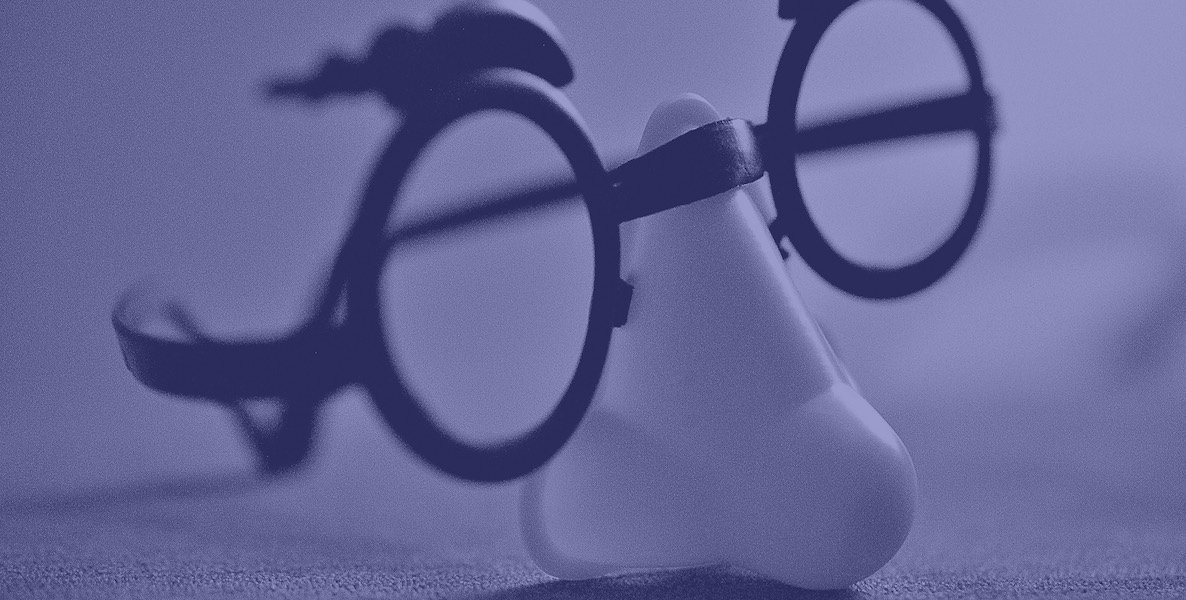Several months ago, Citizen editor Larry Platt posed a question we’ve been wondering about ever since: When was the the last time you encountered the Mystery Shopping City HallRead More
Mystery Shopper #28: Purchasing Narcan from local pharmacies
The Issue: Opioid abuse and overdoses have skyrocketed in Philadelphia, accounting for more than 725 deaths in the past year. Naloxone (or Narcan), usually available as a nasal spray, is a counteracting drug that stops opioid overdoses. In 2016, the state legislature passed “David’s Law,” allowing the general public to obtain naloxone from any Pennsylvania pharmacy without a prescription. That means in Philadelphia, the hub of the state’s epidemic, anyone should be able to walk into a pharmacy and walk out with Narcan—particularly at Rite Aids, which the American Pharmacist Association says carries it in its local stores. We put that to the test.
First up, West Philly:
Steps Taken:
- I went to Rite Aid near 40th and Market streets and darted straight for the pharmacy. I asked a woman behind the counter if they sold Naloxone, the chemical name, or Narcan.
- She shrugged her shoulders, told me she didn’t know what it was and to wait for the pharmacist.
- When I asked the pharmacist in charge, he too was unsure what the drug was. I explained it to him.
- Then, he told me they did not carry Narcan and could not find it in the Rite Aid database.
Time spent: About 10 minutes, mostly waiting for a pharmacist.
Result: No Narcan or leads on where to find it.
Next, Center City:
- At the Rite Aid pharmacy on South Broad Street near Walnut, I asked the same question: Do you sell Narcan?
- This time, the pharmacist knew what it was but said he wasn’t sure if they carried it at that location, as he normally worked at another store. He then suggested I try the Rite Aid on Broad and Snyder.
Time spent: 2 minutes.
Result: No Narcan but an idea where to look.
In South Philly:
- At the pharmacy at Broad and Snyder, there was no confusion, explanations of need to check the database.
- The pharmacist said they have Narcan in stock, were ready to sell me what I needed.
Time Spent: 2 minutes
Result: Success! I could get the lifesaving drug as needed.
And finally, in Kensington:
- I was certain that the Rite Aid at Aramingo Avenue, the heart of the opioid crisis in Philly, would know and carry Narcan.
- As expected, the pharmacist knew right away what I was talking about, and why I would need it.
- Unfortunately, due to demand, the store was sold out of the drug.
- The pharmacist apologized and told me to call back in two days, when they were due a new supply.
Time spent: 2 minutes.
Result: No Narcan—but at least for a good reason.
Takeaway: Overall, it was a bit of a wild goose chase to find some Narcan, something that should be easily accessible—and that pharmacists should be aware of. Better distribution and education is clearly needed.
Lightning bolt rating: 
Mystery Shopper #29: Trying to get compensated for a counterfeit bill—issued by my bank.
The Issue: The nonprofit for which I’ve worked for 17 years still uses an old payroll system which requires cashing checks at PNC Bank, and then depositing it in my own bank, TD. A couple months ago, a teller at the PNC branch where I’ve gone for years issued me a counterfeit $100 bill.
Steps taken:
- I hand the money from PNC to my teller at TD Bank, who notices that one of the bills is counterfeit.
- She informs me that, by law, she has to confiscate the bill and send to Homeland Security for further investigation.
- I get a letter to give to PNC, informing them of the counterfeit bill, and that TD had taken it from me.
- I take the note back to PNC, and ask my teller to replace the $100.
- She refuses.
- I talk to the manager, who says that I once I left the premises with the fake bill, the law says they don’t have to reimburse me—even though they gave it to me.
- She disregards the note from TD Bank.
- After arguing for several minutes, the manager finally agrees to send my issue up the chain to PNC headquarters.
- A few days later, I called the head teller to see where things were. I called again a few days after that.
- When the teller still had no news I called the office manager, then the regional manager twice.
- I also emailed the online Facebook person, who had a customer service agent call me. I told her what happened, and she gave me a case number.
- After two weeks, I was told that I would be reimbursed. But when I got to the branch, both the teller and manager were out—and no one else could help me.
- The next day, I called and the head teller was in, but not the manager.
- Finally, I caught up with the manager and got my money.
Time spent: One hour the first day; two hours over the next two two weeks.
Result: Reimbursement—finally!
Takeaway: The least one would expect from a big bank is a) real money, not fake; and b) swift recompense. On both those counts, PNC failed. Imagine if I’d been in dire need of that money for food, or diapers, or rent. Disappointing, indeed.
Lightning bolt rating:




